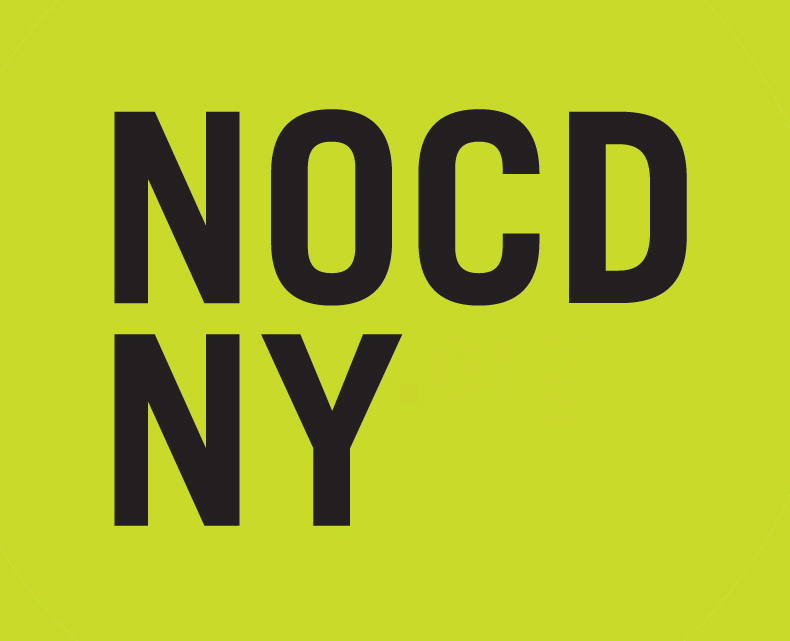Mutual Aid + Culture
On November 16, NOCD-NY hosted a Mutual Aid + Culture Peer Learning Exchange that explored mutual aid, community culture and solidarity practices across New York City.
Watch the recording here:
The conversation included speakers Alexis Mena (Universe City NYC, GrowBrownsville), Thahitun Mariam (Bronx Mutual Aid Network), Whitney Hu & Esther Robinson (South Brooklyn Mutual Aid with ArtBuilt Brooklyn), Raquel Namuche (Ridgewood Mutual Aid Network and Tenants Union), and Sam Johnson, and was organized and moderated by NOCD-NY Program Manager Emily Ahn Levy.
In 2020 we have witnessed an increased visibility of mutual aid and community care practices. There is nothing new about mutual aid. People have worked cooperatively to meet the needs of their communities for all of human history.
"Mutual aid projects emerge because public services are exclusive, insufficient, or exacerbate state violence." —Dean Spade
Because of exclusion from full participation in mainstream systems, our neighbors—often comprised of Black people, indigenous people, recent immigrants, queer communities, workers in informal economies, individuals with disabilities, unhoused people—have had to create their own community networks as a matter of survival and care.
During the exchange, which was open to everyone, we discussed questions including: How do mutual aid networks sustain their values, build solidarity across difference, redistribute resources, access community space, engage in political education, and engage and honor culture?
Thank you to Alexis Mena, Thahitun Mariam, Whitney Hu, Esther Robinson, Raquel Namuche and Sam Johnson! Check out their work with mutual aid and ways to support it below:
Alexis Mena, Universe City NYC:
Emergency Food Distribution and Production Toolkit: https://docs.google.com/document/d/1DxVr7So97FUrnEb7zmA-zgBjxrxO3wRhIDtftkMYXaI/edit
Thahitun Mariam, Bronx Mutual Aid Network:
If you live in the Bronx, please join the Bronx Mutual Aid Network Facebook group: https://www.facebook.com/groups/161738325111768
Bronx Mutual Aid Network Instagram: http://www.instagram.com/bxmutualaidnetwork
Whitney Hu & Esther Robinson, South Brooklyn Mutual Aid
@southbkmutualaid (venmo)
Raquel Namuche, Ridgewood Tenants Union
Sam Johnson, We Keep Us Safe
Additional Mutual Aid Networks in New York City to follow, join and support!
